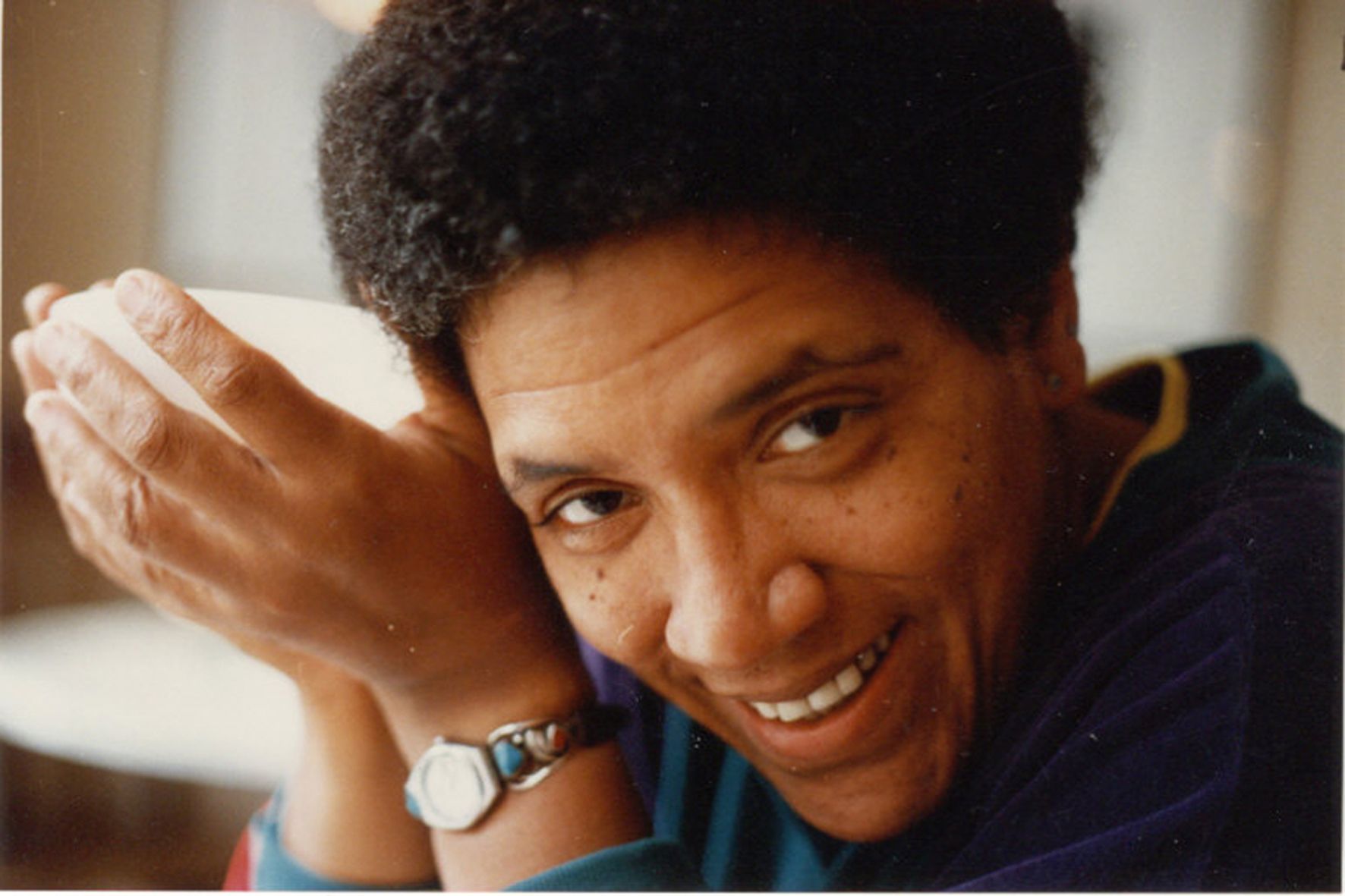In her interview with Claudia Tate, Audre Lorde discussed what drove her to write poetry: “Our feelings are our most genuine paths to knowledge.” Lorde’s acceptance of feelings as genuine knowledge was revolutionary. Knowledge in the ordinary sense of the term appears as the opposite of feelings. On one side stand knowledge, science, truth, and empiricism; on the other, feelings, emotions, biases, and irrationality chip away at our perception of truth. The division between knowledge and feelings is a misunderstanding of knowledge and Lorde’s quote.
There are two types of knowledge: the physical and the spiritual. The line between reality and feelings is a piece of physical knowledge. One cannot change a reality’s feature simply by feeling very strongly about it. However, Lorde isn’t discussing physical knowledge, but spiritual knowledge. Knowledge of the physical is the attempt to understand the world around us, but knowledge of the spiritual helps us comprehend ourselves.
René Descartes discusses the idea of physical knowledge and its limitations in his Meditations. He presents a thought experiment to examine perceived reality versus actual reality. What if our senses are deceived by an evil demon? What if, despite our observations, the sky is blue only in our experience, not in reality? While there isn’t a reason to believe our observations are faulty, Descartes’ thought experiment exposes the limits of empirical knowledge. Physical knowledge can only guess at reality. Even if our knowledge is accurate, we’re never certain it is true. We can act on our knowledge’s truth, argue for its truth, and believe in its truth; but ultimately, we cannot know if our experiences and observations paint a correct picture of reality.
This limit on physical knowledge leads us to the second form of knowledge: the spiritual. Even if we cannot know reality for certain, we know our feelings about reality are true feelings. Instead of imitating reality, our feelings simply reflect our own experience of reality. Spiritual knowledge bypasses the philosophical qualms of physical knowledge because it does not make any claims about the world, simply about ourselves — our inner experiences and feelings.
The value of physical knowledge is plain; for example, medicine saves lives and technology increases their quality. Neither of these is possible without understanding reality and mastering it. But physical knowledge is not the only type of knowledge that lends itself to power. Its spiritual form benefits us through self-knowledge, empathy, and expanding our thoughts. By examining our past, by wading through our emotions, we can understand what drives us. We can understand ourselves. Both Aristotle and Lao Tzu wrote a variation of “Knowing yourself is the beginning of all wisdom.”
But spiritual knowledge doesn’t just lead to self-knowledge; it allows for empathy and compassion, as well. In a series of studies, Dr. Sonia Krol and Dr. Jennifer Bartz found a positive association between self-understanding and empathy toward others: “We show that self-concept clarity, the extent to which the self is clearly defined, coherent, and temporally stable, predicts empathic responding.” People are not independent of each other; we’re connected through our shared emotions. When we can understand ourselves and our own emotions, we’re able to extend that understanding to actionable feelings of empathy and compassion toward others.
The most important benefit of spiritual knowledge, of exploring and understanding our feelings and experiences, is healing and expanding our thoughts. Audre Lorde explains this in Sister Outsider: “As they become known to and accepted by us, our feelings and the honest exploration of them become sanctuaries and spawning grounds for the most radical and daring ideas.” When we understand ourselves and understand others, we may expand and extend our thoughts to produce previously incomprehensible ideas which can lead to reform and resolution. Audre Lorde wasn’t just a writer; she was an activist.
Our feelings are our most genuine paths to knowledge. They’re not paths to knowledge about the physical reality, but paths to knowledge about ourselves — spiritual knowledge — which is true knowledge. Physical knowledge is uncertain and impersonal, while spiritual knowledge is deeply personal and genuine. Audre Lorde chooses the medium of poetry to communicate her feelings as spiritual knowledge. Poetry is unique in the sense that it expresses and describes beauty, while it in itself is also beautiful. Physical knowledge knows nothing of beauty; it is in the spiritual that poetry reaches its full potential. The proverb “Beauty is in the eye of the beholder” recognizes the distinction between physical reality and its perception, which is expanded by Audre Lorde’s quote: “Our feelings are our most genuine paths to knowledge.”
Asher Bruce is a homeschooled senior in high school interested in philosophy and political science. https://www.instagram.com/asleepwithabook/ https://www.linkedin.com/in/asherbruce/


